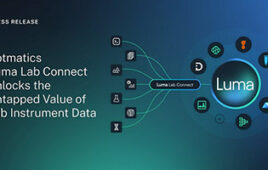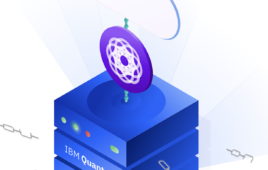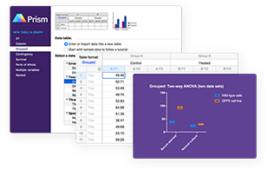 |
An acclaimed lecture series by the iconic physicist Richard Feynman is now freely available to the general public for the first time on a new Web site launched by Microsoft Research, in collaboration with Microsoft Chairman Bill Gates. The lectures, which Feynman originally delivered at Cornell University in 1964, have been hugely influential for many people, including Gates.
Gates privately purchased the rights to the seven lectures in the series, called “The Character of Physical Law,” to make them widely available to the public for free with the hope that they will help get kids excited about physics and science.
The historic lectures and related content can be seen at http://research.microsoft.com/tuva. The name “Tuva” was chosen because of Feynman’s lifelong fascination with the small Russian republic of Tuva, located in the heart of Asia.
Feynman was one of the most popular scientists of the 20th century, equally regarded for his scientific insights as well as his ability to convey his enthusiasm for science through his lectures and writings. He shared the Nobel Prize in Physics in 1965 and was also known for his quirky sense of humor and eccentric and wide-ranging interests.
“No one was more adept at making science fun and interesting than Richard Feynman,” said Gates. “More than 20 years after first seeing them, these are still some of the best science lectures I’ve heard. Feynman worked hard during his life to popularize science, so I’m sure he’d be thrilled that now anyone, anywhere in the world, can just click a button and experience his lectures.”
Curtis Wong, a principal researcher with Microsoft Research, enhanced the experience of viewing the lectures by integrating the historic video with a Microsoft Silverlight-based video player that allows viewers to search the lectures for references to particular subjects, take notes that are synchronized to the video, and click on hyperlinks to related Web content, among other customized operations.
“There is a lot of public interest in building innovative educational resources online,” Wong said. “This is an opportunity to take some existing educational content and utilize software and the wealth of resources available on the Web to create a richer learning experience. And, because people can annotate the lectures with their own comments and links to related resources, I expect this experience to become richer and richer over time.”
Microsoft Research has been exploring video annotation for many years and chose to publish the Feynman “Messenger” lectures with a new enhanced video player. Neither Microsoft nor the Bill and Melinda Gates Foundation were involved in the acquisition of the rights to the lectures.




